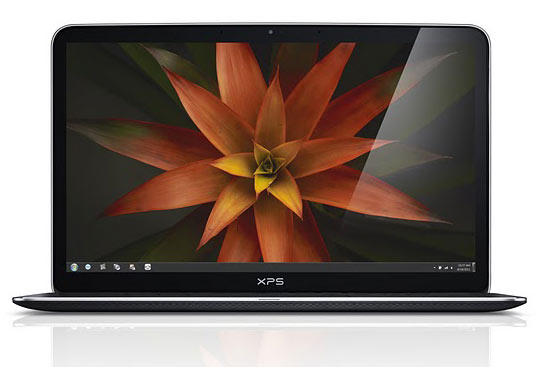Skinny laptops are nothing new, it's the pricing that matters


Ultrabook is a marketing term cooked up by Intel in an effort to generate interest in the notebook space. The promise of thin laptops has long intrigued those who follow notebooks, but it's only now that the pricing is approaching mainstream levels to generate sales.
Sony, Dell and other OEMs have been making skinny laptops for years, but in the past those have always been products designed to show they can do so, not generate sales. Maybe you remember the Dell Adamo, a skinny, sexy notebook from the folks in Texas that hit the market with a big splash? The splash was due to a $3,000 price tag, a guarantee that few would actually be sold. This has been the case for years, with one thin laptop after another released with prices that compete with some cars.
The Ultrabook is supposed to end all that, with promised pricing of less than $1,000 to compete with the MacBook Air from Apple. Thin, light, fast and at a price that approaches that of the thicker, heavier notebooks of the past. It's not the thickness (or lack thereof) that makes Ultrabooks appealing, it is strictly the pricing.
While closely following the activity this week at the CES, I can't find a single appealing Ultrabook with an appealing price. Maybe I have missed one, but all of the cool new Ultrabooks I have seen have price tags far higher than the magical $1,000 starting point. I've seen $1,400 and up attached to quite a few notebooks, and that's not going to cut it in the market.
Even a price of $1,000 is not low enough to get registers ringing, as that still requires thought from the buyer to make a sale. It won't be until Ultrabook pricing drops significantly below that until we see consumers get excited about them.
The closer to MacBook Air pricing that Ultrabooks command, the less attractive they are to consumers. It's not like the Ultrabooks are bringing brand new capabilities to the buyer compared to the MacBook Air, which has been on the market for some time now. The price is the key feature that will determine how successful a given Ultrabook will be, and we haven't seen one yet that guarantees good sales.
Related:
- Intel plays up user experience over hardware on Ultrabooks
- CES 2012: Who will connect your future television? With Smart TV, LG fails to break from pack
- What you won’t see at CES: E-book readers
- LG joins Google TV family, while Samsung, Sony, Vizio promise new Google TV devices for 2012
- HDTV shipments with larger screens and LCD to grow in 2012 (report)